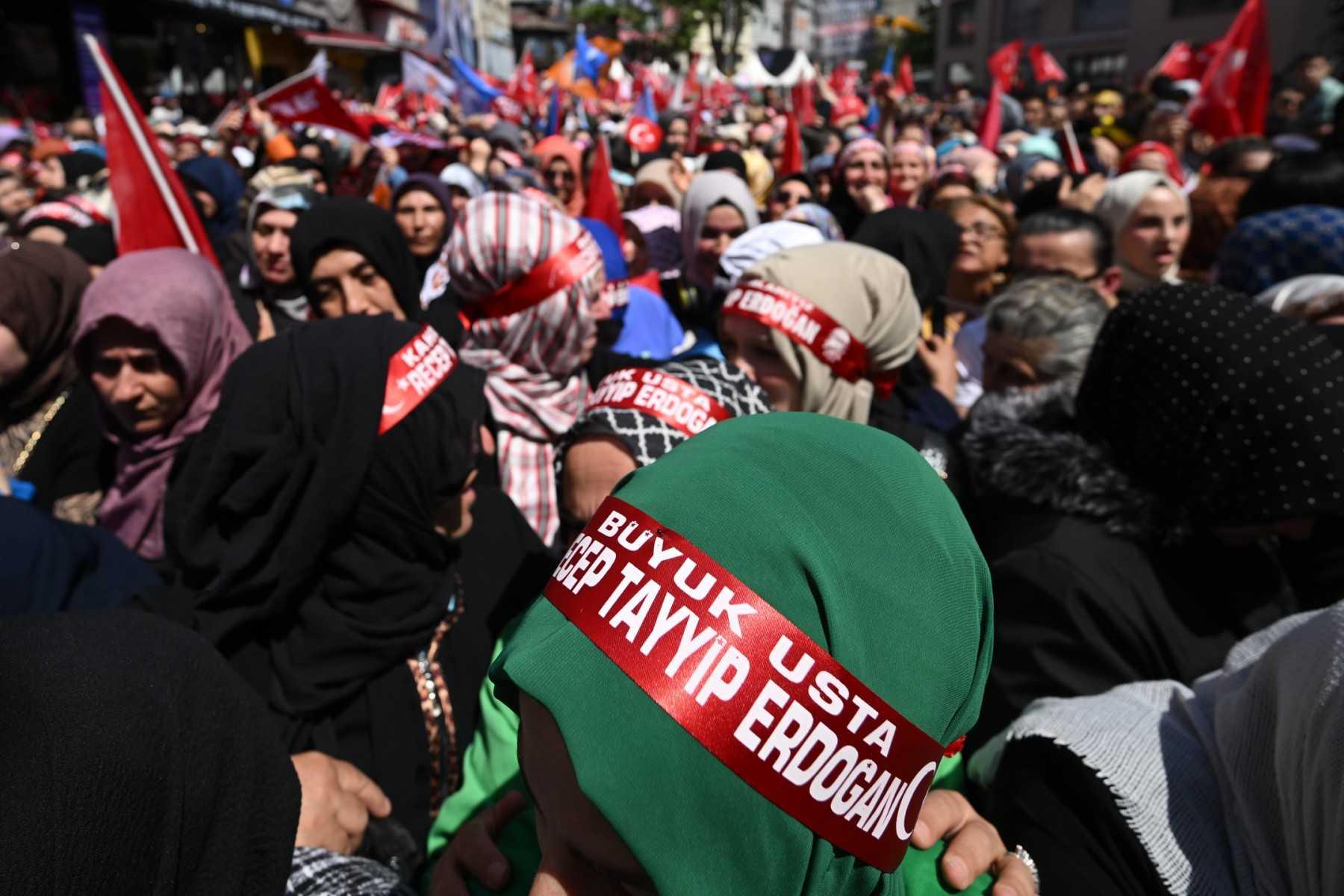Turkey votes in pivotal elections that could end Erdogan's 20-year rule
By late on Sunday there could be a good indication of whether there will be a runoff vote for the presidency.
Just In
Turks will vote on Sunday in one of the most consequential elections in modern Turkey's 100-year history, which could unseat President Tayyip Erdogan after 20 years in power and halt his government's increasingly authoritarian path.
The vote will decide not only who leads Turkey, a Nato-member country of 85 million, but also how it is governed, where its economy is headed amid a deep cost of living crisis, and the shape of its foreign policy, which has taken unpredictable turns.
Opinion polls give Erdogan's main challenger, Kemal Kilicdaroglu, who heads an alliance of six opposition parties, a slight lead, but if either of them fail to get more than 50% of the vote there will be a runoff election on May 28.
The election takes place three months after earthquakes in southeast Turkey killed more than 50,000 people. Many in the affected provinces have expressed anger over the slow initial government response but there is little evidence that the issue has changed how people will vote.
Voters will also elect a new parliament, likely a tight race between the People's Alliance comprising Erdogan's conservative Islamist-rooted AK Party (AKP) and the nationalist MHP and others, and Kilicdaroglu's Nation Alliance formed of six opposition parties, including his secularist Republican People's Party (CHP), established by Turkey's founder Mustafa Kemal Ataturk.
Polls will open at 8am (0500 GMT) and close at 5pm (1400 GMT). Under Turkish election law, the reporting of any results is banned until 9pm. By late on Sunday there could be a good indication of whether there will be a runoff vote for the presidency.
Kurdish voters, who account for 15-20% of the electorate, will play a pivotal role, with the Nation Alliance unlikely to attain a parliamentary majority by itself.
The pro-Kurdish Peoples' Democratic Party (HDP) is not part of the main opposition alliance but fiercely opposes Erdogan after a crackdown on its members in recent years.
The HDP has declared its support for Kilicdaroglu in the presidential race. It is entering the parliamentary elections under the emblem of the small Green Left Party due to a court case filed by a top prosecutor seeking to ban the HDP over links to Kurdish militants, which the party denies.
End of an era?
Erdogan, 69, is a powerful orator and master campaigner who has pulled out all the stops on the campaign trail as he battles to survive his toughest political test. He commands fierce loyalty from pious Turks who once felt disenfranchised in secular Turkey and his political career has survived an attempted coup in 2016, and numerous corruption scandals.
However, if Turks do oust Erdogan it will be largely because they saw their prosperity, equality and ability to meet basic needs decline, with inflation that topped 85% in October 2022 and a collapse in the lira currency.
Kilicdaroglu, a 74-year-old former civil servant, promises that if he wins he will return to orthodox economic policies from Erdogan's heavy management.
Kilicdaroglu also says he would seek to return the country to the parliamentary system of governance, from Erdogan's executive presidential system passed in a referendum in 2017. He has also promised to restore the independence of a judiciary that critics say Erdogan has used to crack down on dissent.
In his time in power, Erdogan has taken tight control of most of Turkey's institutions and sidelined liberals and critics. Human Rights Watch, in its World Report 2022, said Erdogan's government has set back Turkey's human rights record by decades.
If he wins, Kilicdaroglu faces challenges keeping united an opposition alliance that includes nationalists, Islamists, secularists and liberals.
Subscribe to our newsletter
To be updated with all the latest news and analyses daily.
